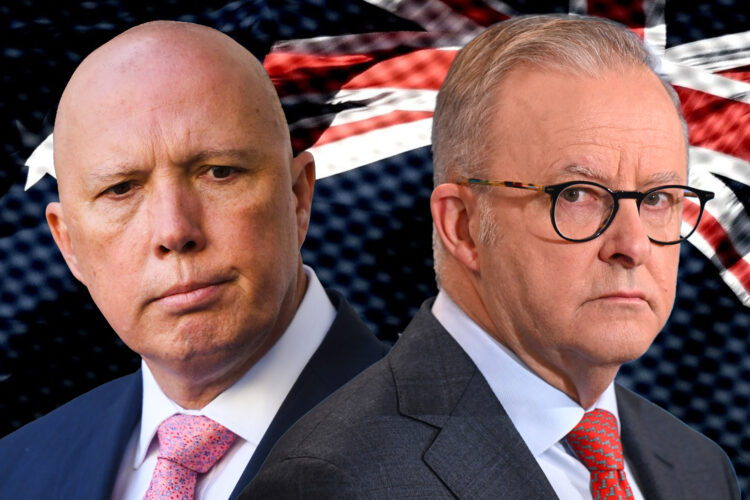This is what Peter Dutton has been left to argue:
Frankly, the US requires Australian beef. It’s not just that we’re, you know, great producers of beef, and that we found an export market. They can’t produce enough beef to satisfy domestic consumption.
So this is why I say it’s a negotiating position, and we need to approach extensively, but we need to have a position here in Australia which is going to be taken seriously by the President and by the Americans.
And at the moment, I think, as the Prime Minister, frankly, has demonstrated over the last three years in economic decisions and the reality of life for Australians that it’s been a bad government, and a bad government here in Australia is not going to be able to negotiate a good outcome on this free trade agreement when they can’t even reduce the cost of groceries or electricity.
Everything has gone up for households and for small businesses under this government, and they have been bad government, and nobody believes that this prime minister could negotiate the best possible outcome with the United States.
Except, comparatively – Australia does have a good deal?
Which even the chamber of commerce essentially agrees with?
